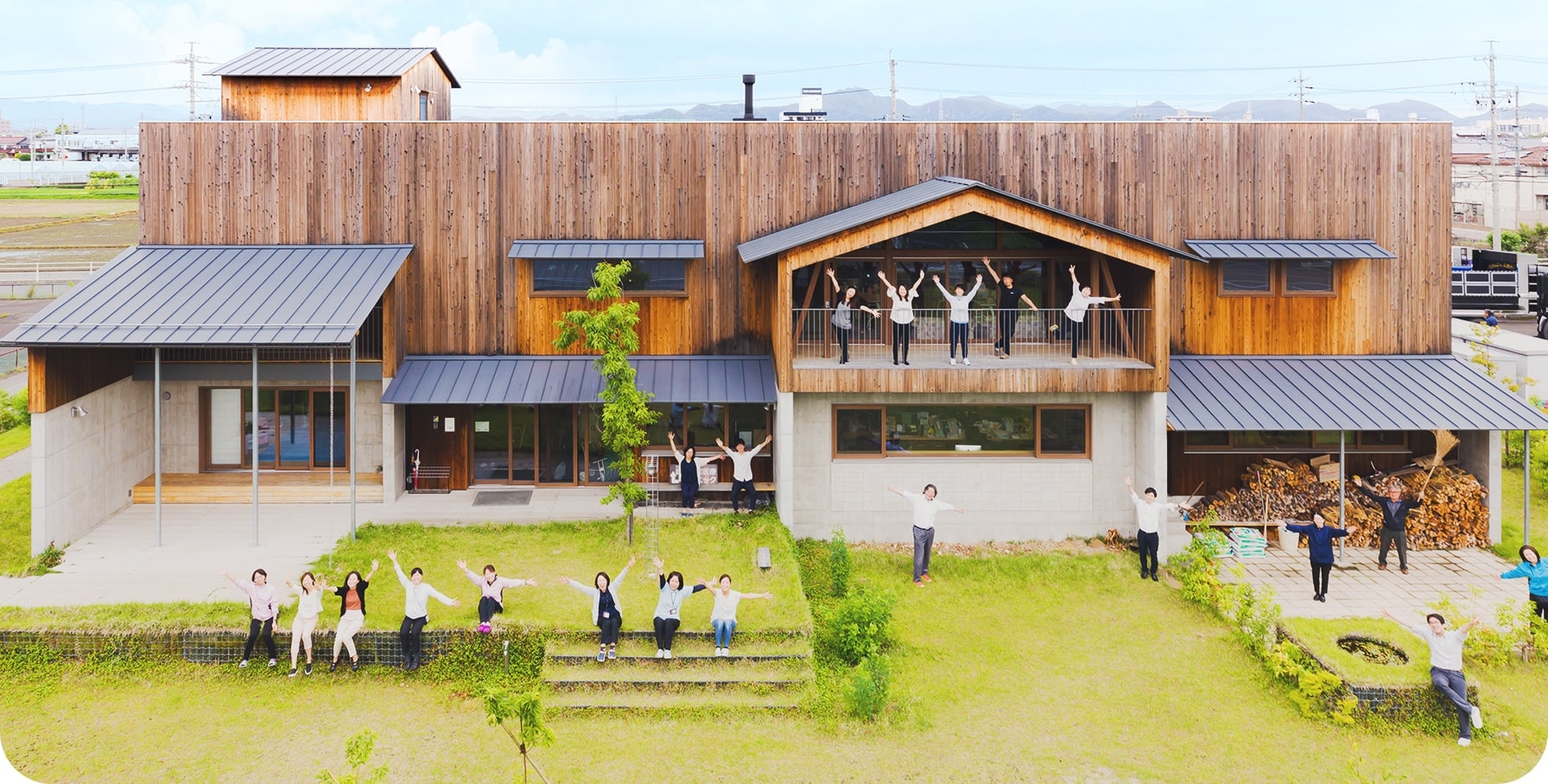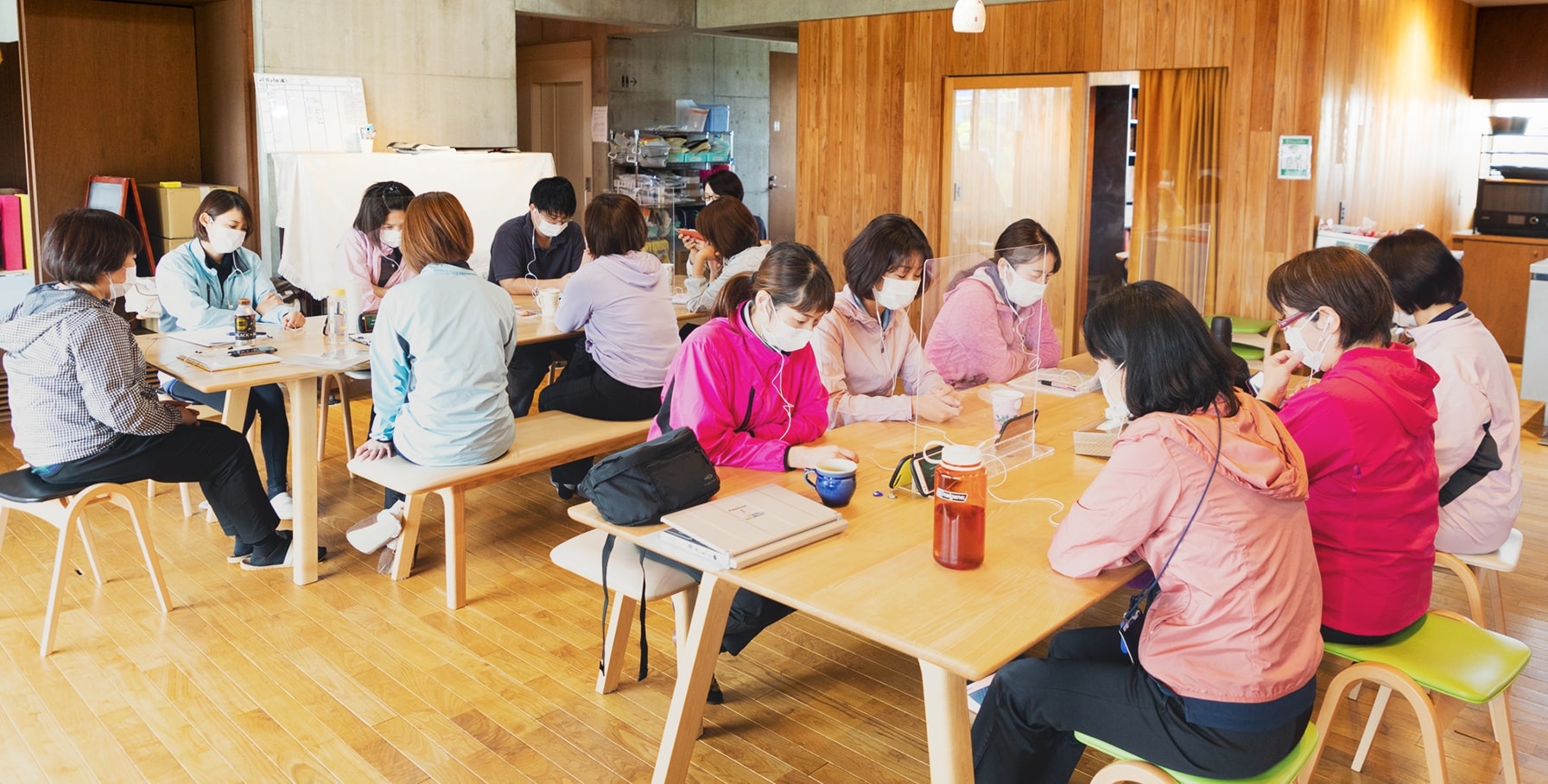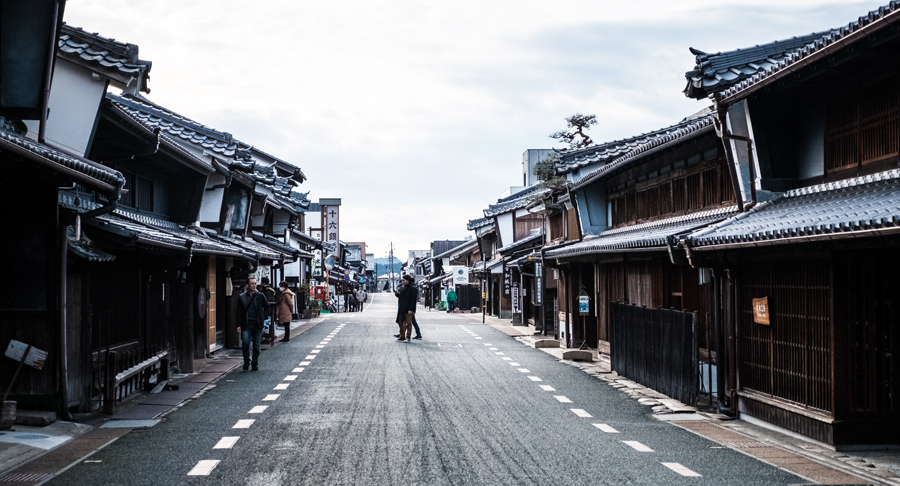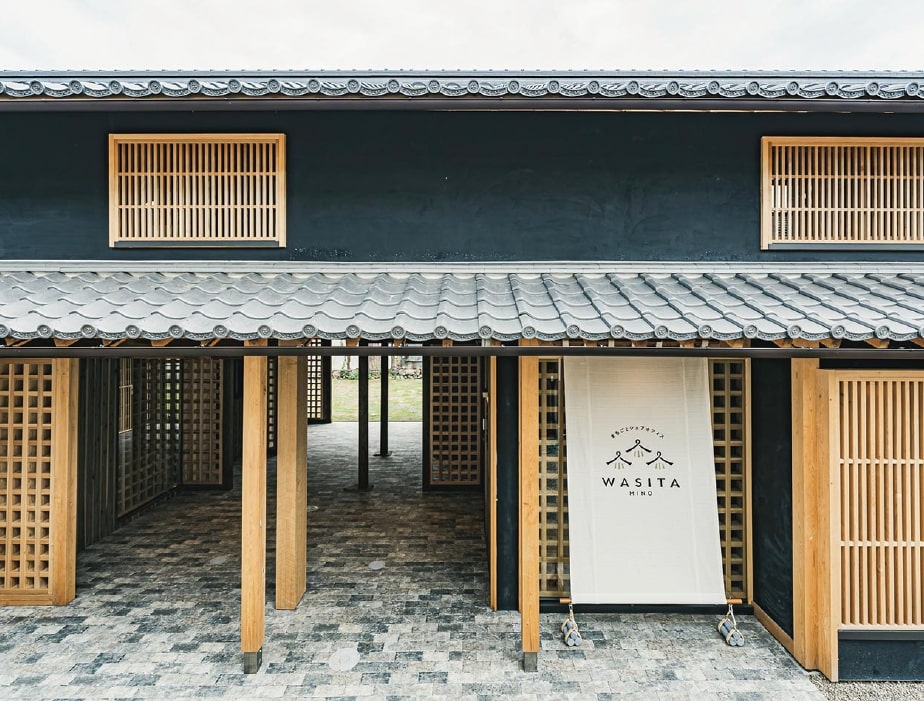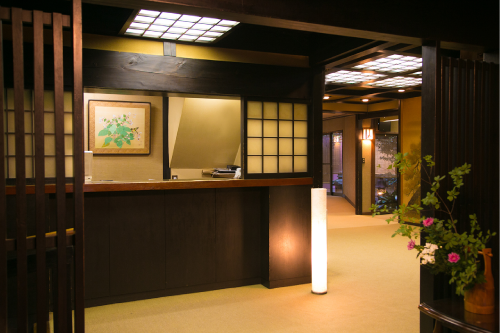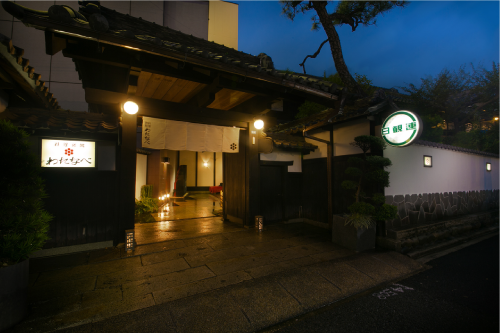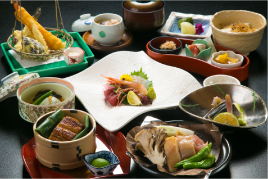2025 NUMED Summer School
Bridging Community Medicine and Innovations in Japan
The 2024 report can be found here
Join us for an immersive program exploring the integration of community-based medicine and cutting-edge innovations at Nagoya University. Designed exclusively for top-ranking medical students from our partner universities, this unique experience combines education, research, and cultural immersion to shape the future of global healthcare.
Welcome to Nagoya University
Dear Participants,
It is my honor to welcome you to Nagoya University and the "Bridging Community Medicine and Innovations in Japan" program. At Nagoya University, we are committed to leading advancements in medicine while fostering a spirit of global collaboration.
This program offers a rare opportunity to engage with the Japanese healthcare system, explore innovative medical practices, and immerse yourself in our rich cultural heritage. I encourage you to embrace every moment of this transformative journey.
Together, let us forge new pathways in global medicine.
Warm regards,
Dr. Hideki Kasuya
Vice Dean, Nagoya University School of Medicine
Program Overview
Title: Bridging Community Medicine and Innovations in Japan
Dates: July 7 - July 15, 2025
Location: Nagoya University, Nagoya, Japan
Language of Instruction: English
Participation Fee: $850 (includes accommodation and arrangement fees; excludes transportation, meals, and sightseeing costs)
Program Highlights
- July 7 (Mon): Arrival and dormitory check-in, settling into Nagoya.
- July 8 (Tue): Orientation, campus and hospital tours, and an introduction to Japanese medical education.
- July 9 (Wed): Hands-on activities at xR and IT Centers, exploring innovative medical training.
- July 10-11 (Thu-Fri): Visits to community hospitals, GP tours, and discussions on community-based medicine.
- July 12-13 (Sat-Sun): Cultural immersion, group discussions, clinical case presentations, and a farewell reception.
- July 14 (Mon): Final group discussions, brainstorming, and presentations followed by a collaborative case study session. The day ends with a farewell reception to celebrate the program's accomplishments.
- July 15 (Tue): Departure after free time in Nagoya.
Program Objectives and Goals
- Understanding Japanese Medical Education: Delve into Nagoya University's unique blend of tradition and innovation.
- Exploring Medical Technology: Experience cutting-edge advancements in simulation training and IT solutions.
- Community Healthcare Practices: Learn firsthand about the role of community-based medicine in Japan.
- Cultural Immersion: Discover Japan's rich history and traditions through city tours and cultural visits.
- Global Perspectives: Reflect on international healthcare systems and their integration with modern innovations.
Why Nagoya University?
- Over 150 years of excellence in medical education and research.
- Pioneering initiatives like NOVI+A, CIBoG, and AI-MAILs.
- A leader in global collaborations through events like the GAME conference.
- Commitment to fostering future leaders in medicine with a global perspective.
Cost & What's Included
Participation Fee: $850
Includes:
- Accommodation
- Program arrangement fees
Excludes:
- Local transportation
- Meals
- Sightseeing and cultural visits
Apply Soon
Secure your spot in this transformative program. Applications are open exclusively to top-ranking medical students from our partner universities who are eager to explore the intersections of community medicine and innovation. Applications from non-partner universities will not be accepted.
Additional Program Details
|
Venue |
|
Nagoya University Graduate School of Medicine and School of Medicine Nagoya University Hospital 65, Tsurumai-cho, Showa-ku, Nagoya, Aichi 466-8550 JAPAN
Nagoya University Graduate School of Medicine and School of Medicine traces its esteemed heritage back to 1871, when it began as a provisional hospital and medical school for the Nagoya Domain. Over the last 150 years, it has evolved into a distinguished center of learning, renowned for integrating the rich tapestry of its history with a progressive vision for the future. As a bastion of research excellence, the institution is committed to leading global innovation in medicine and healthcare.
Education is the cornerstone of research strength at Nagoya University. We employ a triad of cutting-edge educational programs to foster this development: NOVI+A, which emphasizes community-oriented medical education enriched by near-peer teaching and a blend of onsite, virtual, and anthropological learning.
The resumption of international exchanges post-COVID-19 has been a pivotal step forward. In November 2022, we proudly hosted the 6th annual GAME conference, underscoring our central role in this strategic consortium of world-class medical schools dedicated to shaping the future of medical education and collaborative international research. Looking to the horizon, Nagoya University is resolutely positioned to be a driving force in the evolution of medical science, with the vision of becoming a central hub of medical education and research in Asia. Our commitment to this role is unwavering, and we endeavor to expand our network, enhancing collaborations with our esteemed partner universities worldwide. These partnerships are integral to our mission, providing a robust foundation for the pioneering advancements in medicine. With a balanced emphasis on our initiatives such as CIBoG, GAME, and more, we dedicate ourselves to cultivating a fertile ground for innovation and knowledge exchange. This expansive network, which extends to leading institutions across the globe, is pivotal to our strategy of fostering progress and setting new standards in healthcare, education, and research. Through this collective effort, we aim to anchor Asia as a leading force in the global medical community. |
|
Program Title |
|
Bridging Community Medicine and Innovations in Japan |
|
Summary |
|
This immersive 8-day program is meticulously designed for top-ranking medical students to delve into the realms of both Community-based medicine and innovative medical practices at Nagoya University. |
|
Key Highlights |
|
July 7 (Mon) - Arriving in Nagoya The program begins with the student's arrival in Nagoya, a day primarily reserved for travel and settling into the dormitory. This allows students to acclimatize to the new environment, preparing for the exciting activities ahead. July 8 (Tue) - Exploring Medical Excellence and Interactive Learning Students are introduced to the tradition and legacy of Japanese medical education at Nagoya University. The day features an orientation, visits to esteemed professors, a campus and hospital tour, a lecture on the Japanese medical system, and a student exchange program, offering a blend of theoretical and practical learning experiences. July 9 (Wed) - Discovering Innovation in Medical Training The focus is on innovative medical training, highlighting the fusion of traditional and modern medical education. Activities include visits to the xR and IT Centers, and hands-on research visits. July 10 (Thu) - Visiting Community-based Medicine (Day 1) The program shifts to community healthcare, starting with a visit to a community-based hospital and a local GP tour. Students gain firsthand experience of community-based medical practices and the role of community healthcare in Japan.
July 11 (Fri) - Visiting Community-based Medicine (Day 2) Continuing the exploration of community healthcare, the day includes further hospital tours and interactive sessions with healthcare professionals. It concludes with an in-depth lecture and discussion on community-based medicine, enhancing students' understanding of its importance in modern healthcare.
July 12 (Sat) - 13 (Sun) Experiencing Cultural Immersion and Tradition The program starts with an introduction and guidance session, followed by group discussions and brainstorming activities in the morning. Students will then prepare and refine their presentations. After lunch, students will give their presentations. In the afternoon, participants will engage in collaborative case study session. Medical students will present clinical cases, followed by group discussions to foster peer-to-peer learning. The day concludes with a farewell reception, where attendees can reflect on the progressive aspects of medicine discussed throughout the day. July 14 (Mon) - Advancing Medical Study and Reflection The day begins with an introduction, group discussions, and brainstorming, followed by presentation preparation and delivery. In the afternoon, participants engage in collaborative case studies and group discussions, concluding with a farewell reception to reflect on the day's learning.
July 15 (Tue) - Departing The program concludes with the student's departure from Nagoya. The day starts with checking out from the hotel, followed by some free time in Nagoya City. This offers students a final opportunity to explore, reflect on their experiences, or simply relax before their journey home. |
|
Program Objectives |
|
l Understanding Japanese Medical Education and Research: To provide an in-depth understanding of the Japanese medical education system, highlighting its traditions, excellence, and innovative approaches. This includes exposure to various aspects of medical training and research at Nagoya University. l Exploring Medical Innovation and Technology: To explore the cutting-edge advancements in medical technology and innovation, emphasizing how modern technologies like simulation training and IT solutions are integrated into medical education and practice. l Engaging in Collaborative Learning: To foster collaborative learning experiences through interactions with esteemed faculty members, medical professionals, and local medical students. This includes participating in lectures, case study discussions, and research workshops to encourage peer-to-peer learning and knowledge exchange. l Experiencing Community Healthcare Practices: To gain firsthand experience and insights into community-based healthcare in Japan. This objective focuses on understanding the role and functioning of community healthcare facilities, including hospitals and general practitioner clinics, and their significance in the broader healthcare system. l Cultural Immersion and Appreciation: To immerse students in Japanese culture and traditions, enhancing their understanding and appreciation of the cultural context in which Japanese medical practice operates. This includes visits to historical sites, museums, and engaging in city sightseeing. l Reflecting on Global Health Perspectives: To encourage students to reflect on the global perspectives of healthcare, understanding how different health systems operate and the importance of integrating traditional practices with modern medical innovations. l Personal and Professional Development: To provide opportunities for personal and professional growth, enabling students to develop a broader worldview, enhance their medical knowledge, and build networks with professionals and peers in the field. l Encouraging Future Collaborations: To lay the groundwork for future academic and professional collaborations between the participating students and the institutions and individuals they engage with during the program. |
|
Program Goals |
|
l Integrating Academic and Practical Medical Knowledge: To enhance students' understanding of medical education, research, and practice by exposing them to various facets of the Japanese healthcare system. This includes learning from renowned faculty, experiencing innovative medical training methods, and understanding community-based healthcare practices. l Fostering Global Medical Perspectives: To develop a global perspective among students regarding healthcare by immersing them in a setting that combines traditional and modern medical practices. The goal is to broaden their understanding of how different cultures and countries approach healthcare challenges and innovations. l Promoting Cross-Cultural Competence and Communication: To provide an immersive cultural experience, enabling students to appreciate and respect the cultural and historical contexts of medical practices. This includes cultural visits and interactions that enhance students' global awareness and intercultural communication skills. l Encouraging Collaborative and Reflective Learning: To create opportunities for students to engage in collaborative learning experiences with peers and professionals. This includes discussions, case studies, and research workshops that encourage critical thinking, reflection, and the exchange of ideas. l Building Foundations for Future Professional Growth and Collaboration: To lay the groundwork for ongoing academic and professional development, including the establishment of networks and relationships that may lead to future collaborations and contributions to the field of global health. The program aims not only to expand the global vision of the participating students but also to foster a deep understanding of the Japanese healthcare system, encourage interaction with local medical students, and bridge the gap between community-based practices and modern innovations in medicine. Through a blend of educational lectures, hands-on experiences, and cultural exposure, students are expected to return with a holistic view of medicine, enriched knowledge, and lasting memories of their time at Nagoya University. |
|
Program Cost & Expenses |
|
Participation Fee: US$ 850 l Includes: Accommodation and Arrangement Fees Not Included: l Local Transportation l Meals l Sightseeing and Cultural Visits ☆Clarification on Meals and Refreshments: While the program does not include full meal provisions, light refreshments and snacks will be provided during breaks and specific program events. Additionally, participants will be invited to join organized gatherings, such as a welcome reception, networking parties, or farewell events, at no additional cost. |
|
Language of Instruction |
|
English |
|
What to bring |
Participants are required to bring a thermometer to take your temperature each morning. If it is higher than 37.5℃, you won't be allowed to join the program that day. If your temperature is between 37℃ and 37.5℃ for two consecutive days, you will not be allowed to join the program either. These are mandatory rules because participants will go to the hospital and there are some opportunities to see patients. This standard is based on the average body temperature in Japan. If this standard is very different from your average temperature, consider it a fever if it is significantly higher than your normal temperature. Even if you forget to bring any of the above except the mandatory items, there is no need to worry. There is a shopping mall near our university, and you can get almost everything there. It has clothing stores including UNIQLO, pharmacy, DAISO, grocery stores, some restaurants, Burger King, Starbucks etc. |
|
Clothing |
|
Campus dress should be casual yet tasteful, adhering to Nagoya University Hospital's dress code. Wear knee-length or longer pants, slacks, or skirts with shirts or blouses and closed-toe shoes. A surgical mask and white coat are required in the hospital. During the summer program, lightweight sweaters or jackets may be needed for air-conditioned rooms, and rain gear is essential due to the rainy season. Jewelry should be minimal and facial piercings discreet to maintain a professional image and avoid risks. For the Gifu community-based hospital visit, participants must wear plain collared shirts and black pants as they will accompany a doctor on house visits. Further details are provided below. |
|
Internet/WIFI |
|
All participants will have access to free campus WiFi, eduroam, including in accommodation areas. Ensure you know how to connect to eduroam with your university ID and password before arriving in Japan. For off-campus internet, consider renting or bringing portable WiFi. Public WiFi is available in many locations, and details can be found here. There are no general computer labs, so bring your laptop or tablet. Printing can be done at convenience stores using a USB device. |
|
Gifu Trip |
|
Participants will travel to Gifu, stay overnight, and return to Nagoya. Schedule Overview Day 1:
Day 2:
A detailed schedule will be shared later. What to Wear
What to Bring
Accommodation Participants will stay at the Kagayaki Clinic in shared accommodations (separate for men and women).
Important Notes for Public Baths:
Additional Notes
Patient Home Visits: Install a translation app beforehand. Non-Japanese participants will visit in pairs with doctors. Observe without interrupting, follow instructions, and use the app to understand conversations. |
|
General Information Links |
|
Transportation Emergency Services Nagoya University Kagayaki Clinic (Japanese only) |
|
Flight Support |
|
Students eligible for MEXT support may have their airfare covered by Nagoya University under the following conditions: |
| Program Guidelines and Budget Constraints |
|
After reviewing our program's budget and guidelines in consultation with our administrative team, we must clarify the following:
Eligibility and Rules
Important Notes
We understand that some students may have hoped for more time to explore Japan, but we appreciate your understanding of these constraints. Our team is dedicated to ensuring a meaningful and impactful experience within the program's framework. |

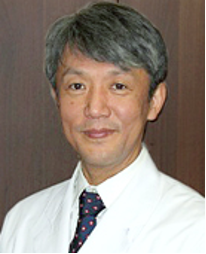

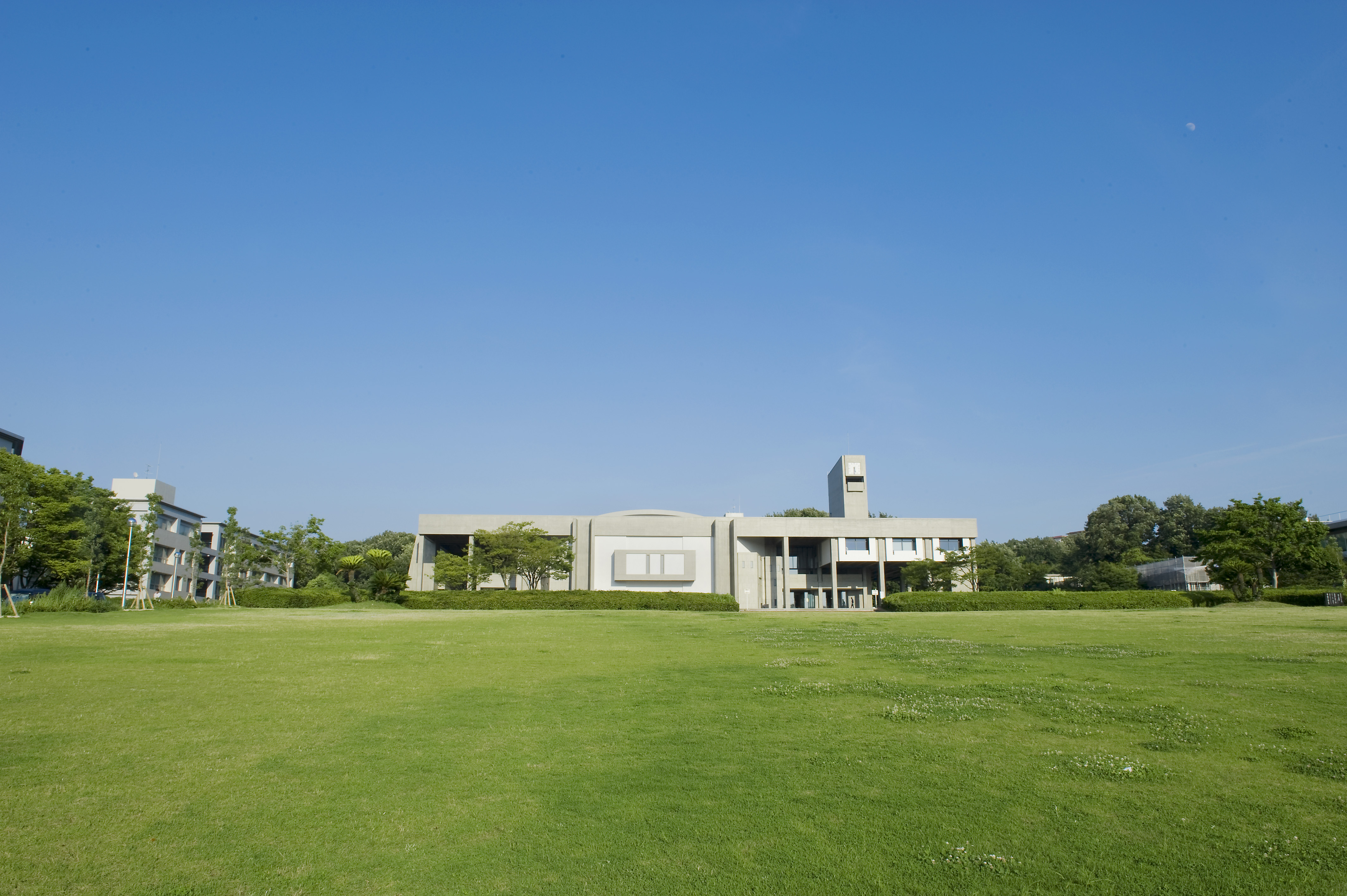
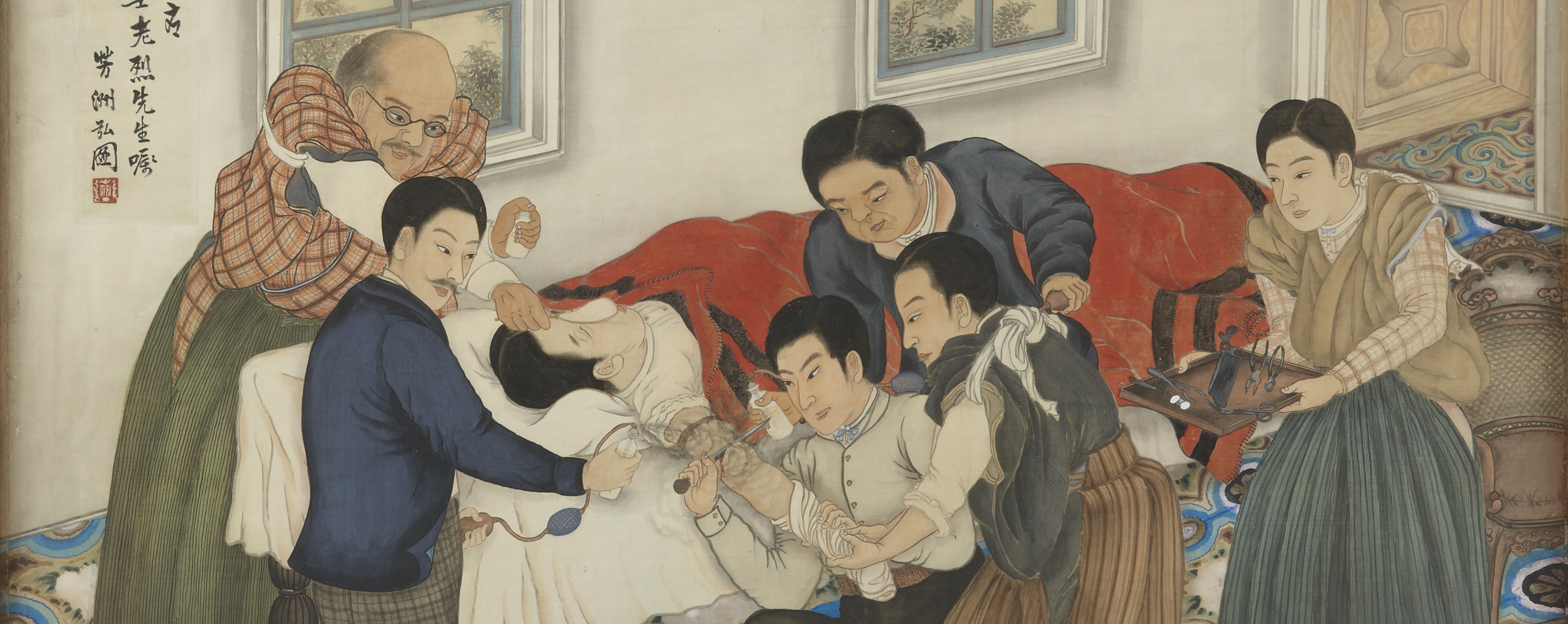
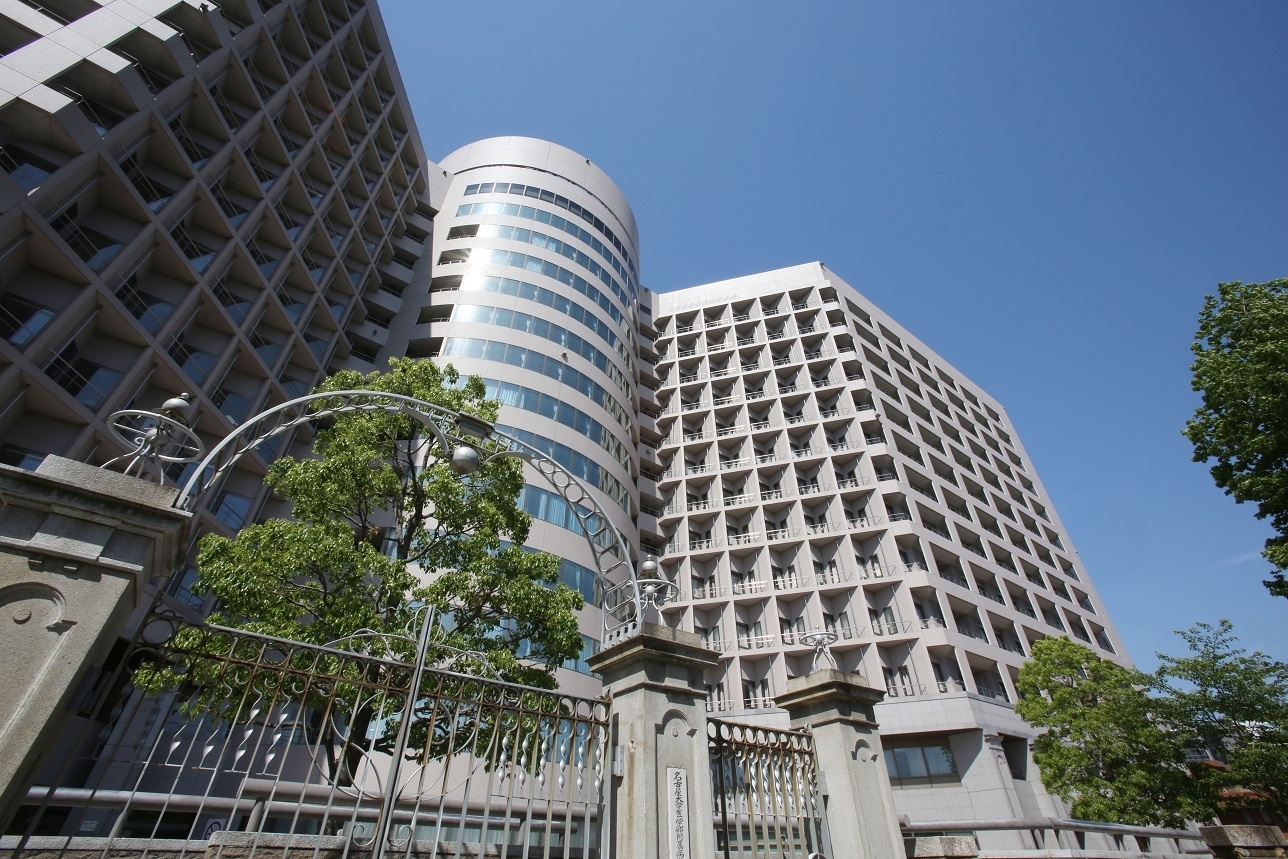
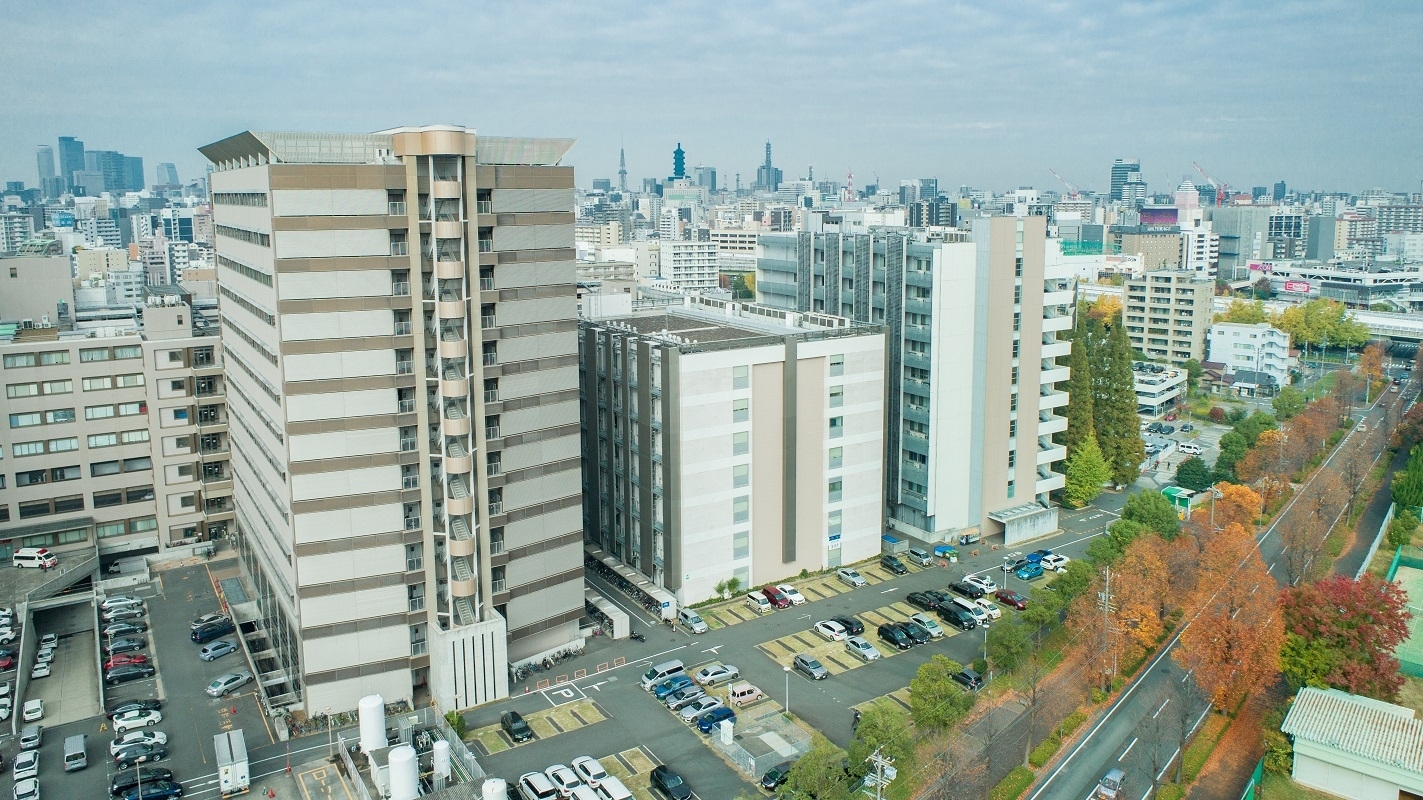
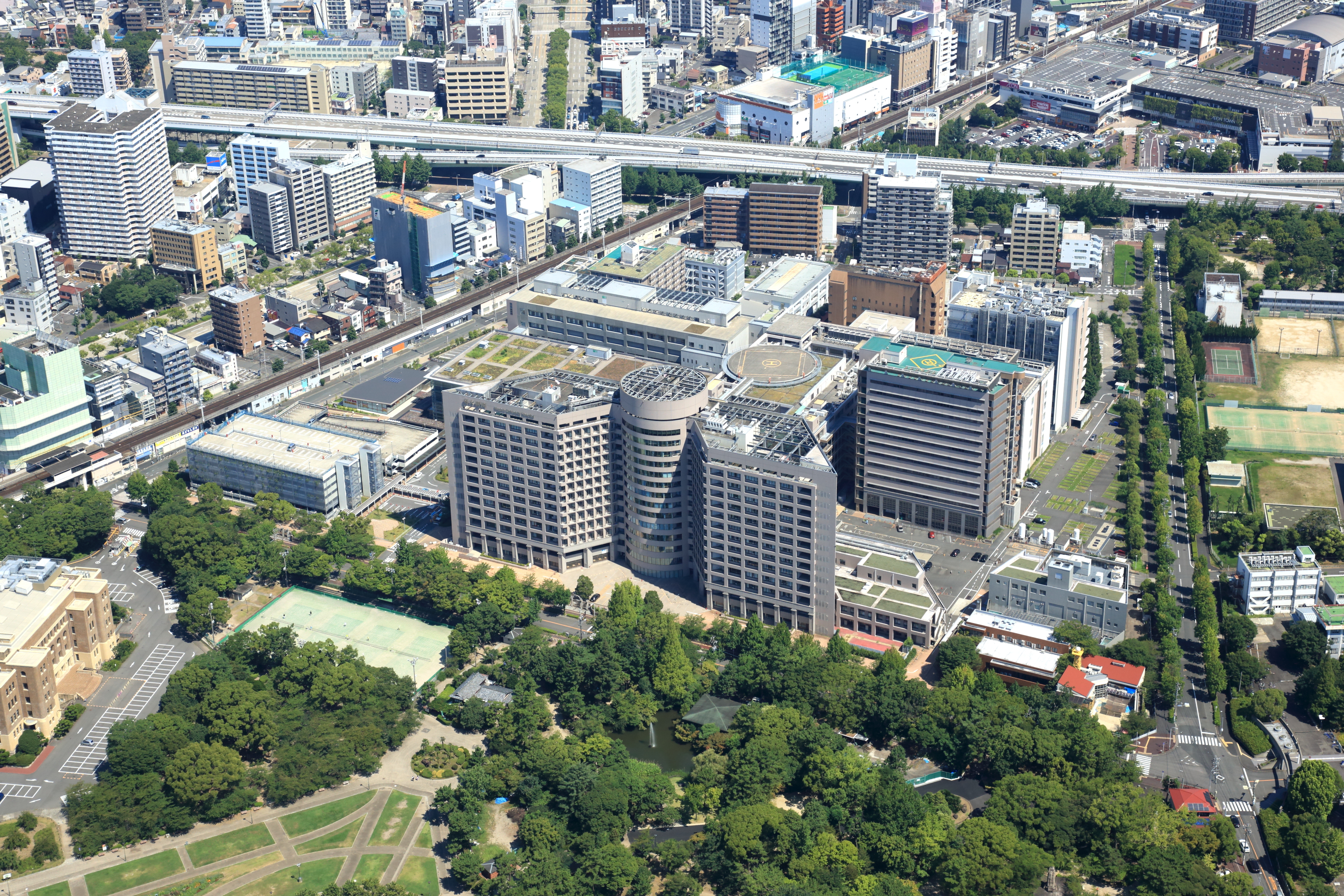
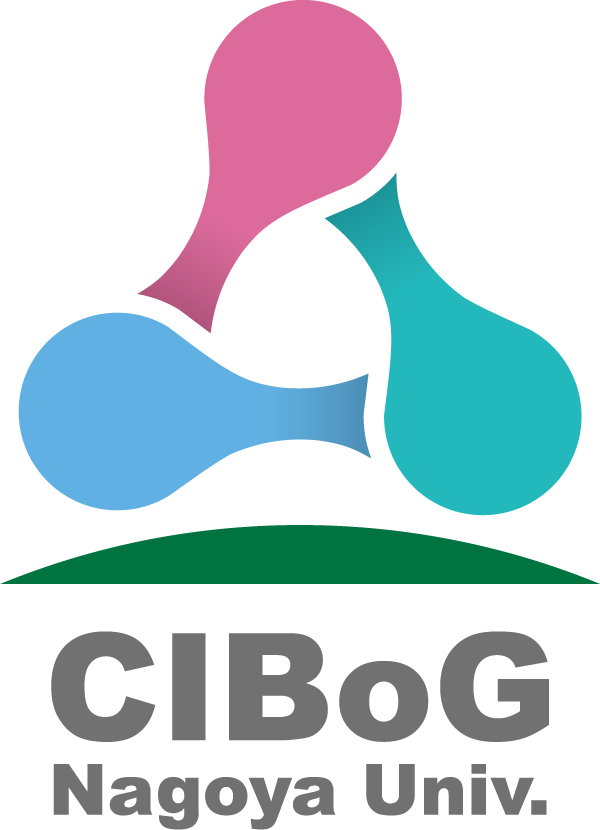 CIBoG, a fusion of informatics and biomedical sciences crafted to address global health challenges.
CIBoG, a fusion of informatics and biomedical sciences crafted to address global health challenges. AI-MAILs, an initiative that bridges academia and industry to nurture leaders in medical AI.
AI-MAILs, an initiative that bridges academia and industry to nurture leaders in medical AI.